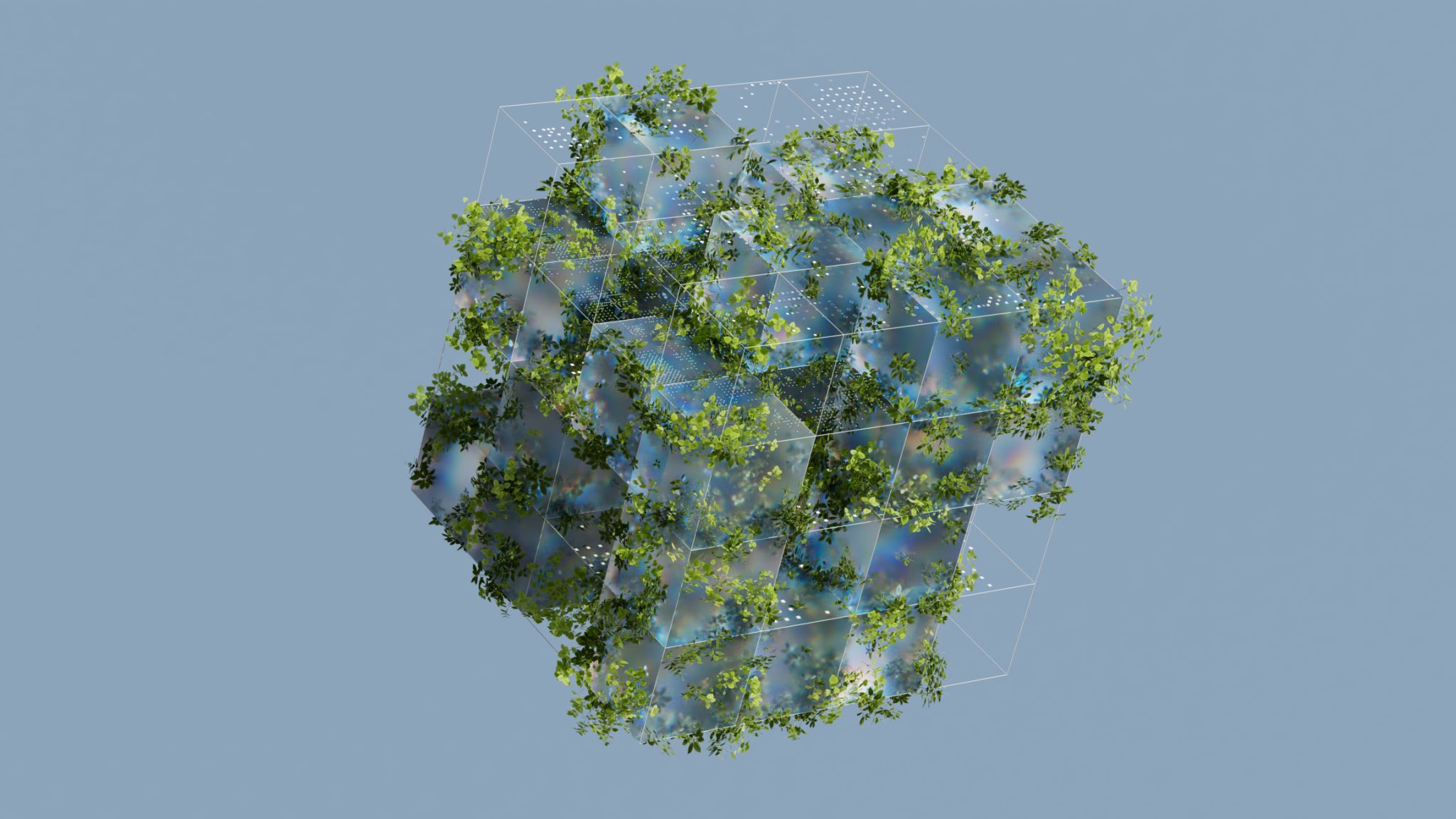The Latest Trends in Green Data Consulting: What You Need to Know
Understanding Green Data Consulting
As businesses become increasingly aware of their environmental impact, the demand for sustainable practices has permeated various sectors. One such area is data consulting, where green initiatives are transforming how organizations manage and utilize their data. Green data consulting is not just a buzzword; it’s a practical approach to reducing carbon footprints while optimizing data processes.
Green data consulting involves strategies that aim to minimize energy consumption in data management and storage. This includes employing energy-efficient data centers, utilizing cloud-based solutions that focus on sustainability, and implementing software that reduces energy usage. As more companies seek to align their operations with eco-friendly practices, understanding these trends is crucial for maintaining a competitive edge.

Embracing Cloud-Based Solutions
The shift towards cloud computing is a significant trend in green data consulting. By migrating to the cloud, companies can reduce their reliance on physical servers, which are notorious for high energy consumption. Cloud providers often have the resources to implement energy-efficient technologies, making them a more sustainable choice.
Moreover, cloud services can offer scalability that aligns with a company’s needs. This flexibility means businesses only use the resources they need, reducing waste and lowering their environmental impact. As cloud technology continues to evolve, expect even more advancements that prioritize sustainability.
Energy-Efficient Data Centers
Data centers are essential for managing large volumes of information, but they are also known for consuming vast amounts of energy. The latest trend in green data consulting focuses on developing and utilizing energy-efficient data centers. These facilities use innovative cooling systems, renewable energy sources, and advanced monitoring systems to reduce their carbon footprint.

Many companies are also investing in retrofitting existing data centers with green technologies. This not only helps in lowering energy consumption but also extends the life of existing infrastructures, making it a cost-effective solution for businesses looking to go green.
Sustainable Software Development
Another trend in green data consulting is sustainable software development. This involves designing software that requires less computational power and energy. Developers are focusing on creating applications that run efficiently without sacrificing performance.
By optimizing algorithms and code, businesses can significantly reduce the energy required to run their applications. Sustainable software development is not just beneficial for the environment; it also leads to cost savings through reduced energy bills and improved system performance.

Data Lifecycle Management
Effective data lifecycle management is another crucial aspect of green data consulting. By managing the entire lifecycle of data—from creation to disposal—businesses can ensure that data is stored and processed efficiently, minimizing unnecessary resource usage.
This approach involves regularly auditing and cleaning up unnecessary or redundant data, which not only saves storage space but also reduces energy consumption. Implementing intelligent data management solutions helps organizations streamline their operations while adhering to sustainability goals.
The Future of Green Data Consulting
As we look towards the future, green data consulting will continue to evolve with technological advancements and increased environmental awareness. The integration of artificial intelligence and machine learning in data management holds promise for further energy efficiencies.
Moreover, as regulations around carbon emissions tighten, companies will increasingly turn to green data consulting services to meet compliance requirements. Staying informed about these emerging trends will be essential for businesses seeking to maintain a sustainable and competitive edge in their industries.